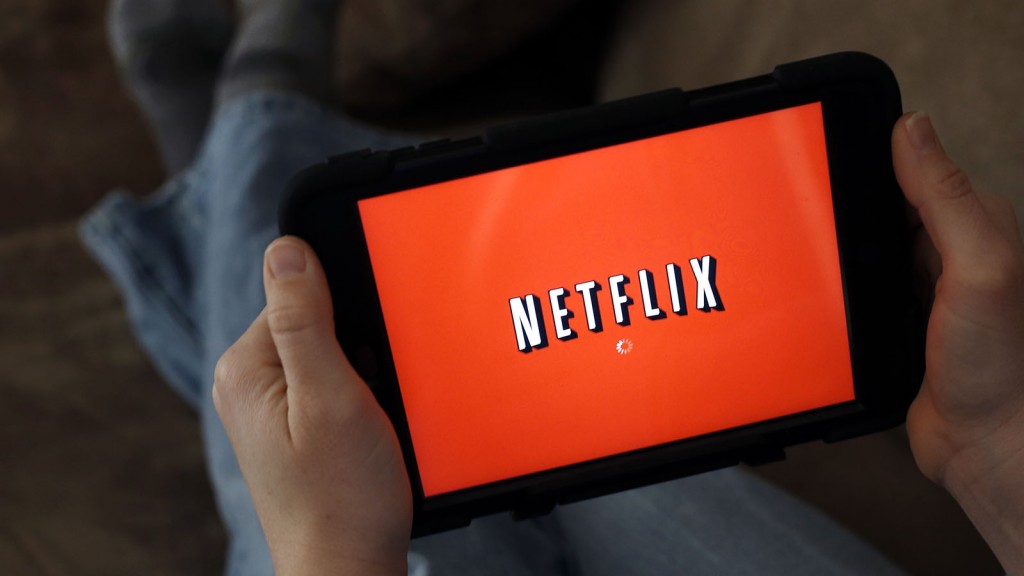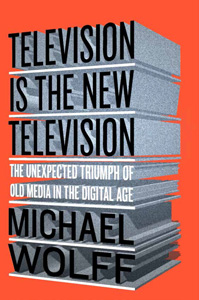Why TV’s old fogeys are still winning
Book review: Media critic Michael Wolff explains why digital media may not truly be the future
Share

TELEVISION IS THE NEW TELEVISION
Michael Wolff
“The belief continues, cult-like, that digital media will soon and decisively prevail,” writes Wolff, an award-winning media columnist. As you might have guessed, he doesn’t think this belief is true. This book is a short, punchy, contrarian answer to all the digital triumphalism that Wolff’s fellow journalists have engaged in over the last decade. Even though we’re always hearing that traditional media companies are doomed, he says, those dinosaurs are the ones making profits, while new media don’t have a moneymaking business model or a system for generating content. Consider this one of the earliest attempts to tell the story of the digital-media bubble to come.
Wolff keeps pointing out that, no matter how much worshipful coverage the new corporations get—often, ironically, from the old-media people they intend to replace—they aren’t as valuable as they claim to be.
BuzzFeed, he notes, has “yet to boost itself above the revenue model of a single-title magazine.” Netflix, canonized in the press as the destroyer of television, buys most of its content from old media. As for original content on YouTube, forget it: “An entire week of YouTube is roughly as valuable to major advertisers as a single first-run episode of The Big Bang Theory.” Even the changes in the way we consume media have often helped the old-schoolers more than the new: Netflix helped to invent the concept of binge-watching, but cable shows such as Breaking Bad were the beneficiaries.
Of course, just because the new system isn’t working doesn’t mean the old system is guaranteed to survive. Wolff himself refers to the collapse of the music industry as an example of how old media can, in fact, be destroyed, and he doesn’t always seem sure about his own world of print media. But he’s high on television, because it may already know how to avoid the mistakes of other businesses. Wolff points out that, with the exception of streaming services, most digital-media giants are heavily dependent on advertising, while TV, “once wholly advertising-driven, now derives 50 per cent of its revenue from other sources.” In other words, it’s the old companies that are finding new ways to make money, while the upstarts are stuck with the old ways.
